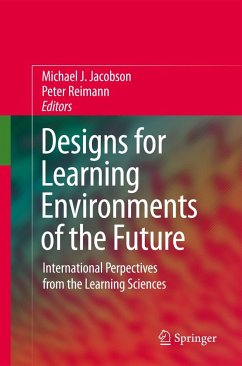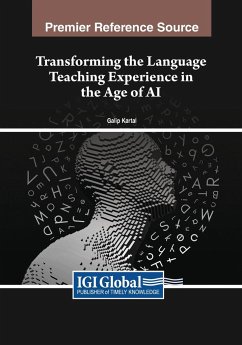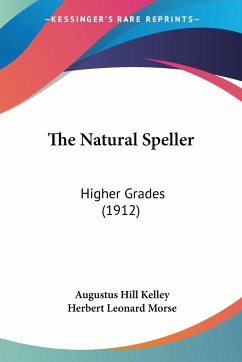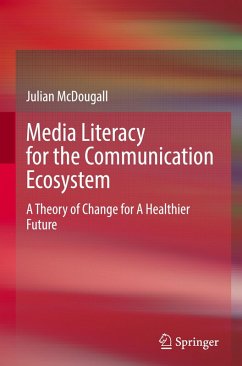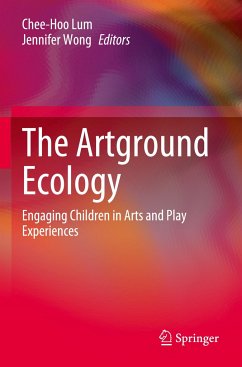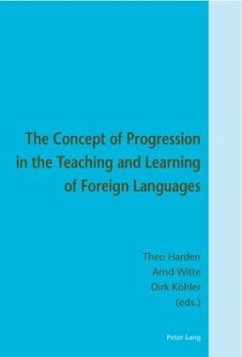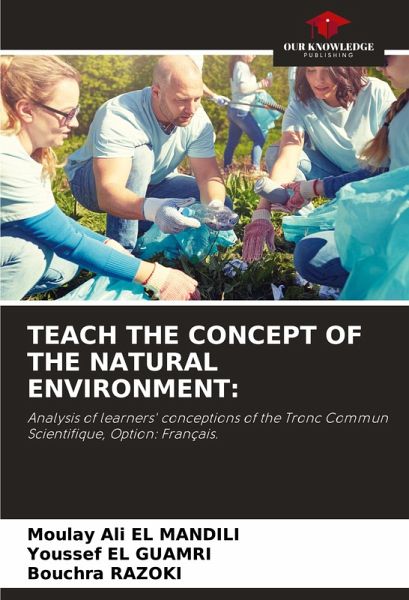
TEACH THE CONCEPT OF THE NATURAL ENVIRONMENT:
Analysis of learners' conceptions of the Tronc Commun Scientifique, Option: Français.
Versandkostenfrei!
Versandfertig in 6-10 Tagen
40,99 €
inkl. MwSt.

PAYBACK Punkte
20 °P sammeln!
Taking account of students' conceptions is becoming increasingly important in the teaching of life and earth sciences, because of the opportunity it offers to identify possible obstacles to learning. Ecology is one of the most important and difficult subjects to teach in life and earth sciences, due to the confusion and ambiguity of its concepts and the methodological rigor required to tackle them. Among these concepts, the natural environment, taught in secondary schools, is a polysemous, multi-disciplinary notion, with interfering scientific and social interpretations, and is therefore a sub...
Taking account of students' conceptions is becoming increasingly important in the teaching of life and earth sciences, because of the opportunity it offers to identify possible obstacles to learning. Ecology is one of the most important and difficult subjects to teach in life and earth sciences, due to the confusion and ambiguity of its concepts and the methodological rigor required to tackle them. Among these concepts, the natural environment, taught in secondary schools, is a polysemous, multi-disciplinary notion, with interfering scientific and social interpretations, and is therefore a subject of misconceptions among students.This study uses a questionnaire to investigate the emergence and analysis of the conceptions of learners in the French option of the science core curriculum regarding the notion of the natural environment.The findings reveal persistent difficulties in conceptualizing the natural environment in terms of meaning, structure, dynamics and equilibrium.





